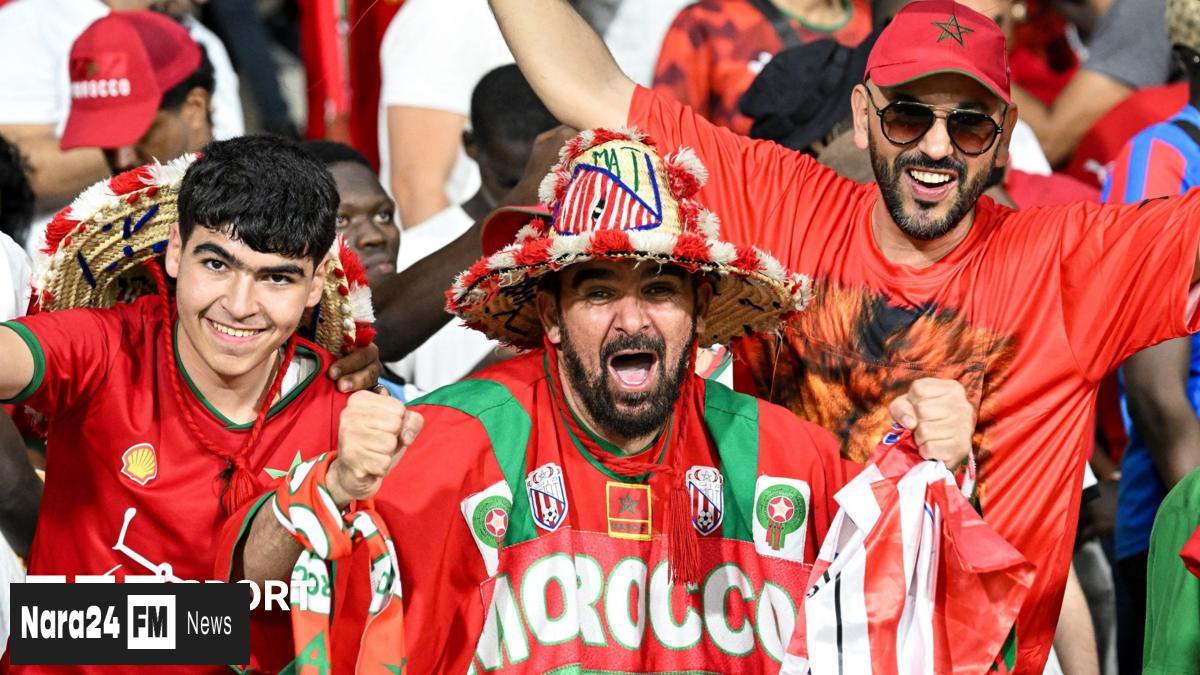The 2024 Club World Cup, despite its critics, proved to be a financial goldmine for participating clubs, with a staggering $1 billion (£726 million) prize pool up for grabs. The tournament’s revamped structure saw 32 clubs competing for a share of the lucrative rewards, with Chelsea emerging as the biggest winner both on the pitch and in the bank.
Prize Money Breakdown
The $1 billion prize pot was divided into two main categories: $525 million distributed as participation fees and $475 million awarded based on performance. European clubs, benefiting from a ranking system tied to sporting and commercial criteria, received participation fees ranging from $12.81 million to $38.19 million. Meanwhile, clubs from other continents were allocated fixed amounts: $15.21 million for South America, $9.55 million for North and Central America, Asia, and Africa, and $3.58 million for Oceania.
While FIFA has not disclosed exact figures for European clubs, estimates from football finance website *The Swiss Ramble*, based on UEFA’s club coefficient system, were used to gauge the allocations.
Top Earners
Chelsea, the tournament champions, pocketed approximately £84 million, the highest of any club. Paris St-Germain, who reached the final, earned £78.4 million. On average, European clubs took home around £39 million, while South American teams, including semi-finalists Fluminense, averaged £24 million.
Group stage performance also played a role in earnings, with clubs receiving £1.5 million for a win and £730,000 for a draw. However, five clubs, such as Pachuca and Seattle Sounders, failed to secure a single win, leaving them with only their participation fees.
Auckland City’s Windfall
For smaller clubs like Auckland City, the tournament was a game-changer. The New Zealand part-time side earned £3.3 million, a sum that dwarfs their 2024 revenue of approximately £488,000. In contrast, Real Madrid’s £67 million earnings represented just 4% of their £901 million revenue for the year.
Football finance expert Kieran Maguire highlighted the potential impact on New Zealand’s football landscape, stating, “They’ve earned so much money that it’s difficult to see anybody being able to compete with them if they invest in their squad. While it’s great for Auckland, it could harm the competitiveness of the league.”
Transfer Budget Boost*
For European clubs, the additional funds have provided a significant boost to their transfer budgets. Under UEFA’s financial rules, clubs can allocate 70% of their revenue to wages, transfers, and agents’ fees. For example, Chelsea’s £84 million earnings covered a substantial portion of their £198 million summer spending spree.
Borussia Dortmund, who reached the quarter-finals, used their £57.9 million prize money to offset 65% of their transfer costs, including the £27 million paid for Jobe Bellingham. Similarly, Manchester City’s £38 million earnings from the tournament funded their £31 million acquisition of Rayan Ait-Nouri from Wolves.
Player Welfare Concerns
While the financial rewards have been a boon for clubs, Maguire cautioned about the potential strain on players. “We’re reaching a crisis point regarding player welfare. There could be conflicts between players and owners over the increasing demands of the football calendar,” he said.
The 2024 Club World Cup has undoubtedly reshaped the financial landscape for participating clubs, with Chelsea leading the way. However, the tournament’s long-term impact on player welfare and league competitiveness remains a topic of debate.








Comments (0)
Leave a Comment
Be the first to comment on this article!